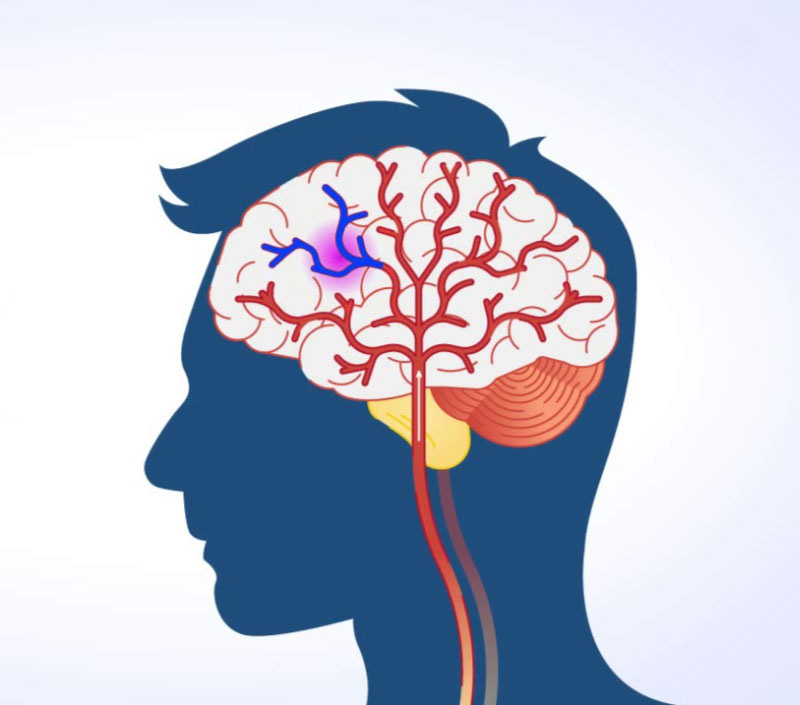Movement disorders can have various causes, and they result from dysfunction in the brain’s intricate network responsible for controlling and coordinating movements. Here are some common factors and conditions that can contribute to the development of movement disorders:
- Genetic Factors: Some movement disorders have a genetic component, meaning they can be inherited from one or both parents. Examples include Huntington’s disease and certain forms of dystonia.
- Neurodegenerative Conditions: Conditions that lead to the progressive degeneration of nerve cells in the brain can result in movement disorders. Parkinson’s disease and Huntington’s disease are examples of neurodegenerative disorders.
- Brain Injury or Trauma: Trauma to the brain, such as head injuries or strokes, can disrupt the normal functioning of the brain structures involved in movement control, leading to movement disorders.
- Infections: Certain infections affecting the brain, such as encephalitis or meningitis, can result in inflammation and damage to neural pathways, contributing to movement disorders.
- Toxins and Exposure: Exposure to certain toxins or drugs can lead to movement disorders. For example, exposure to heavy metals like lead or manganese can contribute to conditions such as parkinsonism.
- Medication Side Effects: Some medications, especially those that affect the central nervous system, may have movement disorders as a side effect. This can include drugs used for psychiatric conditions or certain anti-nausea medications.
- Metabolic Disorders: Disorders affecting metabolism, such as Wilson’s disease, can lead to the accumulation of certain substances in the brain, causing movement abnormalities.
- Autoimmune Conditions: Some autoimmune conditions may affect the nervous system and result in movement disorders. For example, autoimmune encephalitis can lead to inflammation of the brain and affect movement control.
- Vascular Issues: Reduced blood flow to specific areas of the brain due to vascular issues, such as strokes or small vessel disease, can contribute to movement disorders.
- Psychiatric Disorders: In some cases, movement disorders can be associated with certain psychiatric conditions. For example, psychogenic movement disorders may have a psychological origin.
- Structural Brain Abnormalities: Abnormalities or malformations in the structure of the brain can interfere with the normal functioning of movement-related circuits.
- Hormonal Changes: Hormonal changes, such as those occurring during pregnancy or in certain endocrine disorders, may influence movement control and contribute to movement disorders.
- Unknown Causes: In some cases, the exact cause of movement disorders may remain unknown. This is especially true for certain idiopathic movement disorders, where the underlying cause is not clearly identified.
It’s important to note that the specific cause of a movement disorder can vary widely based on the type of disorder and individual factors. Additionally, some movement disorders may result from a combination of genetic and environmental factors. A thorough evaluation by a healthcare professional, typically a neurologist or movement disorder specialist, is crucial for determining the cause and appropriate management of movement disorders.
Embark on a journey towards optimal neurological health with Dr. Amit Shah, a distinguished neurologist in Mumbai. Dr. Shah brings unparalleled expertise and a patient-centric approach to address a spectrum of neurological concerns.




